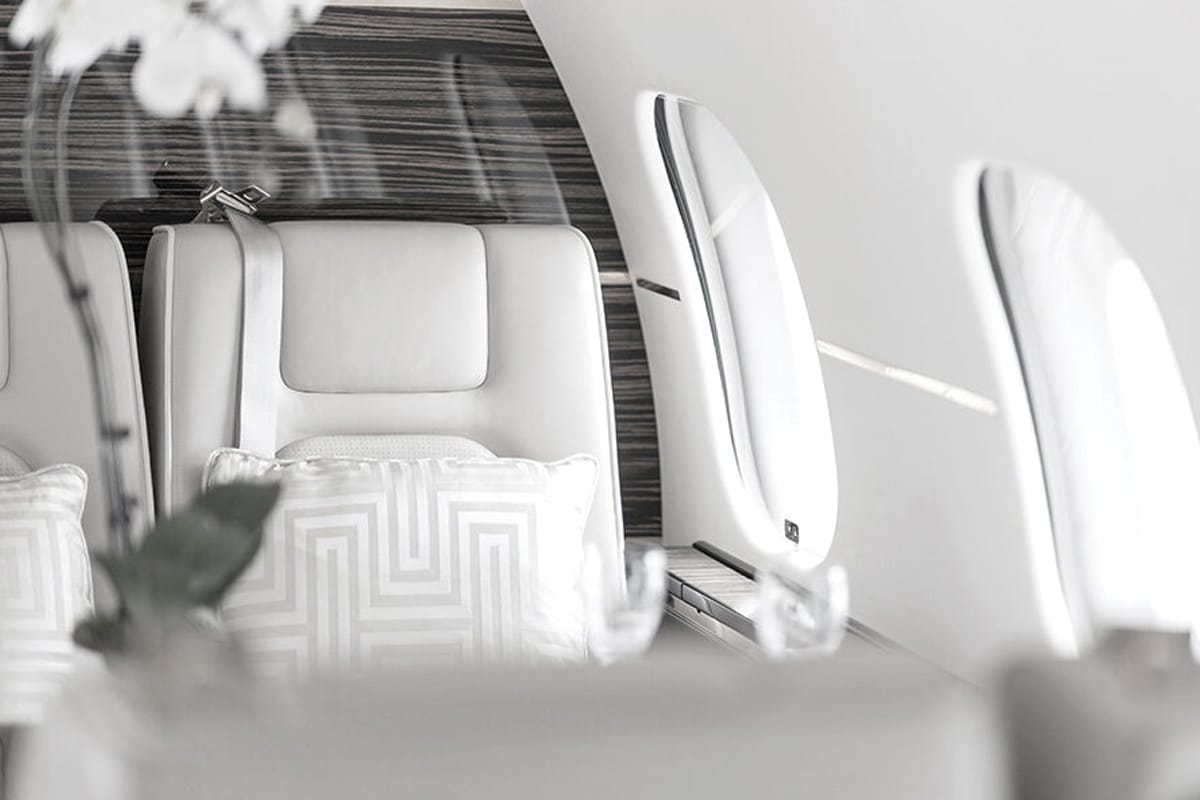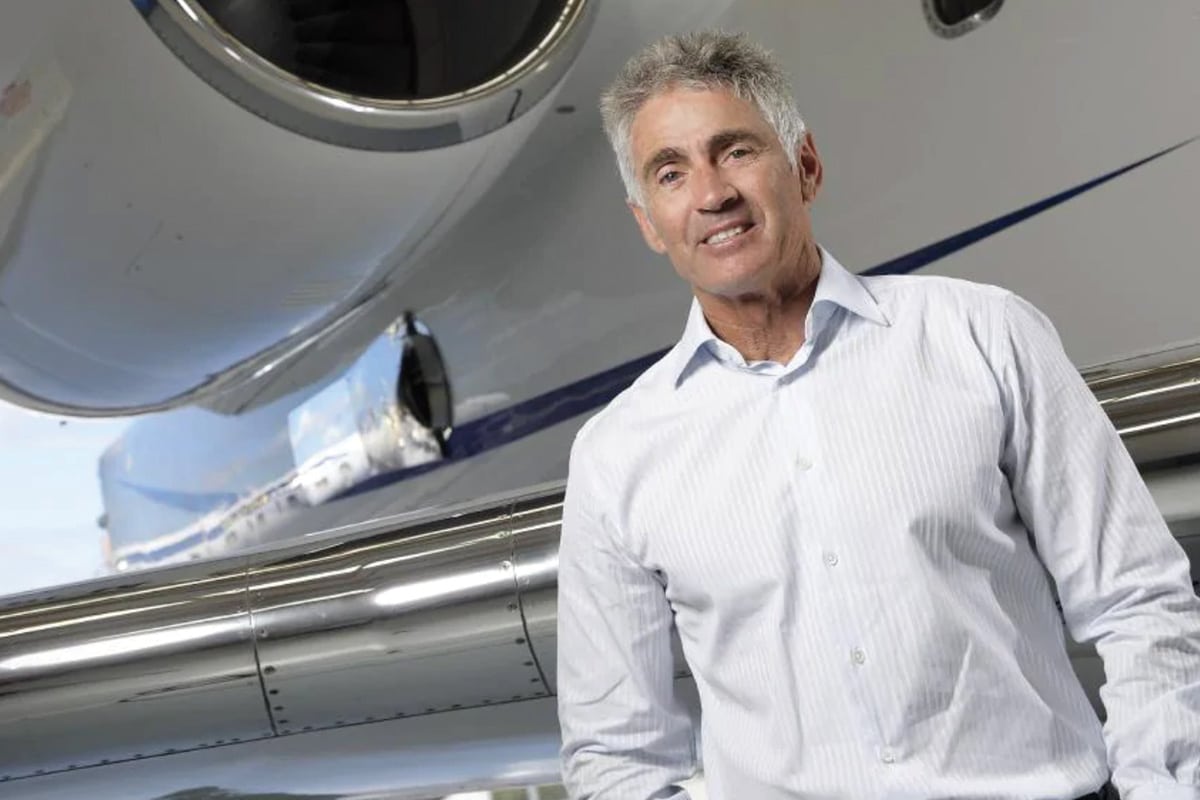GLOBAL JET INTERNATIONAL BULLETIN
ANSWERING THE 10 MOST-ASKED QUESTIONS FROM FIRST-TIME BUYERS
Source: Jetcraft
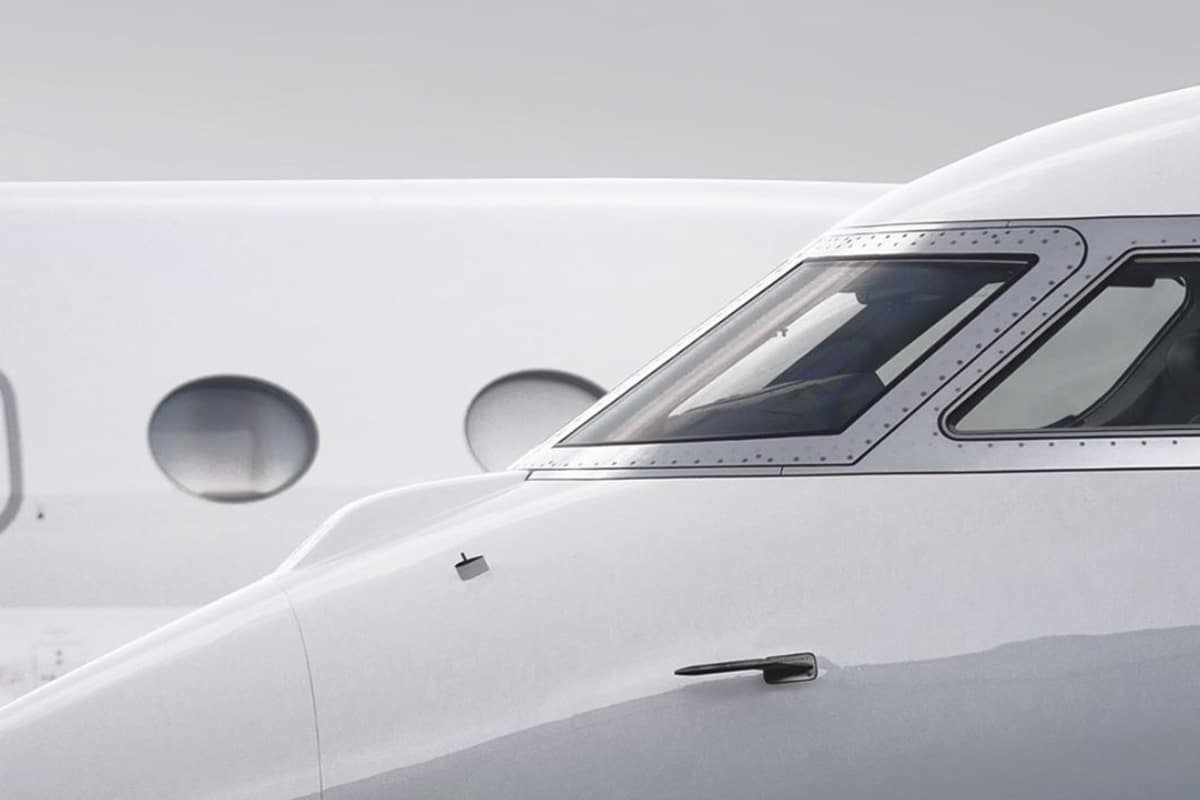
The Covid-19 pandemic has brought safer travel into sharp relief in recent months, Jetcraft has received an increasing number of inquiries from first-time buyers who are looking to business aviation as the route to safe, flexible and controlled travel. Here, Jetcraft answer their most frequently asked questions.
What do I need to consider before I buy?
There are certain factors we need to understand to find the right jet for a buyer’s mission. Where do you want to fly to? How many people will be travelling at any one time? What’s your budget? Have you considered finance, or are you a cash purchaser? Once we’ve talked this through we start looking for the best aircraft.
If a potential buyer is not yet able to answer these questions, we will sit down with them and help them think about what they need and whether purchasing a jet is the right path for them.
Should I buy a new or pre-owned aircraft?
This really comes down to personal preference and budget, as there are clear benefits to both. Buying new, you will avail of a five-year warranty, which can be comforting to those unused to ownership.
We see some first-time buyers who want to test out having an aircraft, to help them understand whether it will work for them long-term. In this situation, the decision might be made with short-term ownership in mind where the buyer will reassess their aircraft and the value it brings themselves or their company in a few years. In this case, pre-owned provides an opportunity to experience ownership at a lower initial point of investment.
Concerns about safety and reliability shouldn’t put you off acquiring an older jet – a ten-year-old aircraft is maintained to the same standards as one that is brand new. Furthermore, we minimize the risk of older aircraft owners incurring potentially higher maintenance costs by performing extensive pre-purchase inspections. We also partner with JSSI to offer a free six-month, post-purchase, unscheduled maintenance program on select in-service aircraft purchased through Jetcraft, to provide extra peace of mind to our buyers.
Can I demo an aircraft before I buy?
Yes, and we’d encourage you to demo before purchase. If you haven’t flown in that model before, consider finding a charter company that operates the aircraft type and test it out on what would be a ‘typical’ mission for you. This is also a good way to try out different models or manufacturers so you have a feel for how big the cabin is, the comfort of the seats and the noise levels.
Should you wish to demo the specific aircraft on the market, usually the seller will look for some form of commitment, such as a letter of intent and a refundable deposit in escrow, before arranging a flight.
Can I purchase an aircraft from overseas during Covid-19?
Absolutely. Our boots on the ground global structure means we can find a deal anywhere in the world. Although travel is currently restricted, we are still keeping transactions going. For example, I’m currently working on a deal with a European buyer and a US seller, and my counterpart locally in the US is handling the pre-buy inspection and full review of the aircraft on my team’s behalf.
Should I disqualify an aircraft due to cosmetics?
It’s natural to gravitate towards details such as the color of the paint or leather; however, changing cosmetics is relatively simple and inexpensive compared to the overall cost of the aircraft. Replacing soft goods such as seat material and carpet is a cost-effective way to tailor the jet to your taste. Altering the configuration of the cabin is more expensive, but it can sometimes make sense to take that step, if the aircraft is otherwise right for you. If you are considering an aircraft that might need some updates, we can connect you with a completion center in your region.
Can I charter my aircraft to offset costs?
Charter is a great way to offset some of the costs of ownership. Most buyers will have chartered before, so the process is familiar, but you should consider whether you’re happy with someone else flying in your aircraft – and the more available it is for charter, the less time you’ll have for your own private use. Another consideration when you’re choosing an aircraft is ensuring it’s capable of flying commercially in your region – certain countries and regions have specific rules and equipment requirements.
Who should I consult when purchasing an aircraft for the first time?
For a first-time buyer, it can seem daunting how many parties are involved and we recommend working with an established broker who will be able to walk you through all the steps and ensure you talk to everyone you need to ease the process.
You’ll have an aviation specialist lawyer; a maintenance facility doing the pre-purchase inspection; maybe a management company onboarding the aircraft; and corporate service providers all involved in a transaction.
We’d also always recommend seeking tax advice. If you don’t know where to look, we’ll point you in the right direction.
Can I choose my crew?
Yes, you can choose your crew. This is an important factor as they’re going to be on the aircraft every time you fly. This is a discussion you’d have with your operator, and you can be involved as much or as little as you want in the selection process. If you don’t have an operator, we recommend you seek out someone who has experience managing a flight department who can assist with finding your crew and managing your schedule and maintenance.
Do I have to travel through the commercial terminal to access my aircraft?
Most airports will have a private terminal or FBO reserved for private jet users. This means no queues at security, minimal interaction with other people, fewer touchpoints and a streamlined journey through the airport and onto your aircraft. At many business aviation terminals you can transfer direct to the aircraft from a car or helicopter, so travelers won’t have to enter a terminal building.
Can I bring my pet on board?
Yes you can, as long as your pet has the relevant permits to travel. This summer, Jetcraft has had a pop-up booth at Nice Airport in the Côte d’Azur, and we have seen many dogs disembarking from private jets with their owners.
Flying privately is entirely flexible and, as well as your pets, it’s much easier to transport many types of luggage on your aircraft, including ski or golf equipment, breakables and valuables – however you are still liable to follow customs regulations when bringing anything in or out of a country.
Everyone is thinking about how to mitigate risk and stay safe while traveling. Speak to your local Jetcraft representative to start your journey towards owning a private aircraft today.
READ MORE
GLOBAL JET BULLETIN
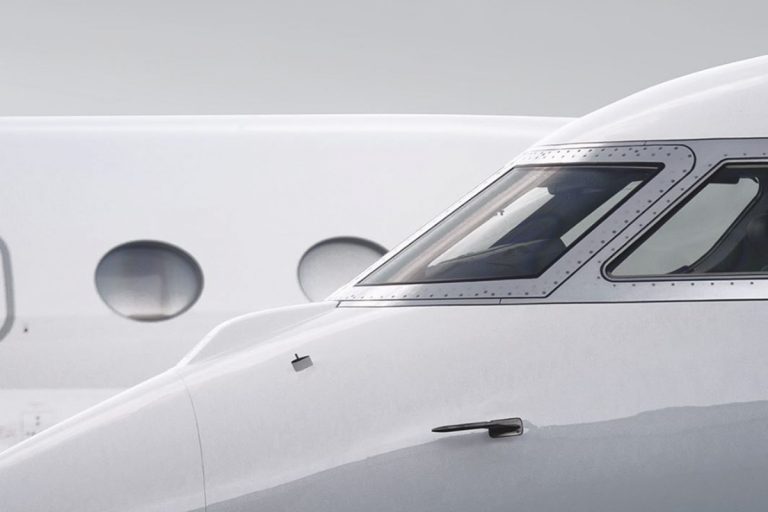
Answering the 10 most-asked questions from first-time buyers
Jetcraft has more than 55 years’ experience helping customers buy and sell their private jets, they regularly talk to private jet first-time buyers who are taking the first step into aircraft ownership.

Why Business Jets offer the Ultimate Healthy Cabin Experience
It has started cautiously, and it’s still carefully controlled. But we’re confident: the business aviation industry will start to return to normal.
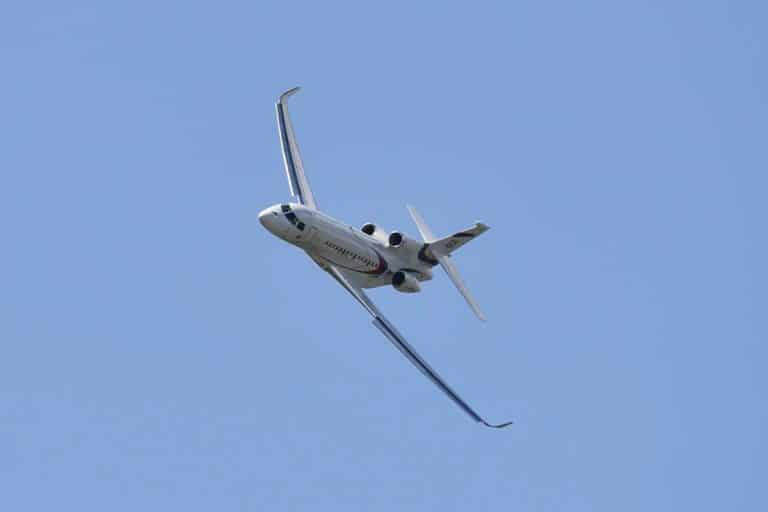
Why Private Jets Are All The Rage During A Pandemic
Ever since COVID-19 depressed commercial air travel the world over, stories have been emerging about the surprisingly optimistic picture in the world of private aviation.

Q&A with Mick Doohan
Get to know Global Jet International Founder and Managing Director Mick Doohan as he takes a Q&A with Jetcraft.
SPEAK TO OUR TEAM
MAKE AN ENQUIRY
Our staff is located all over the world, so wherever you are, we have someone who can’t wait to meet you. Whether you’re looking to buy, sell, charter or just need some advice, we’re ready to help.
